Evelyn Hang Yin is an interdisciplinary artist and filmmaker based in Los Angeles. Working with photography, video, text, and installation, Yin investigates how her personal experience moving between China and the U.S. informs her cultural identity. Her work is invested in issues of race, gender, history, place/displacement, and collective memory. Evelyn received a BA in Political Science and Media Studies from University of California, Berkeley and an MFA in Photography and Media from California Institute of the Arts. She is currently an Armed with a Camera Fellow with Visual Communications. She has exhibited at the Los Angeles Municipal Art Gallery, the New Wight Gallery, and the MAK Center for Art and Architecture. She is a recipient of the Allan Sekula Social Documentary Fund and an alumna of the Signal Fire Wide Open Studios Program. She was the Media and Production Fellow for Arts in a Changing America, and the Research and Archive Fellow for China Alley Preservation Society. She spoke at the 2019 Chinese American Women in History Conference in Washington D.C.
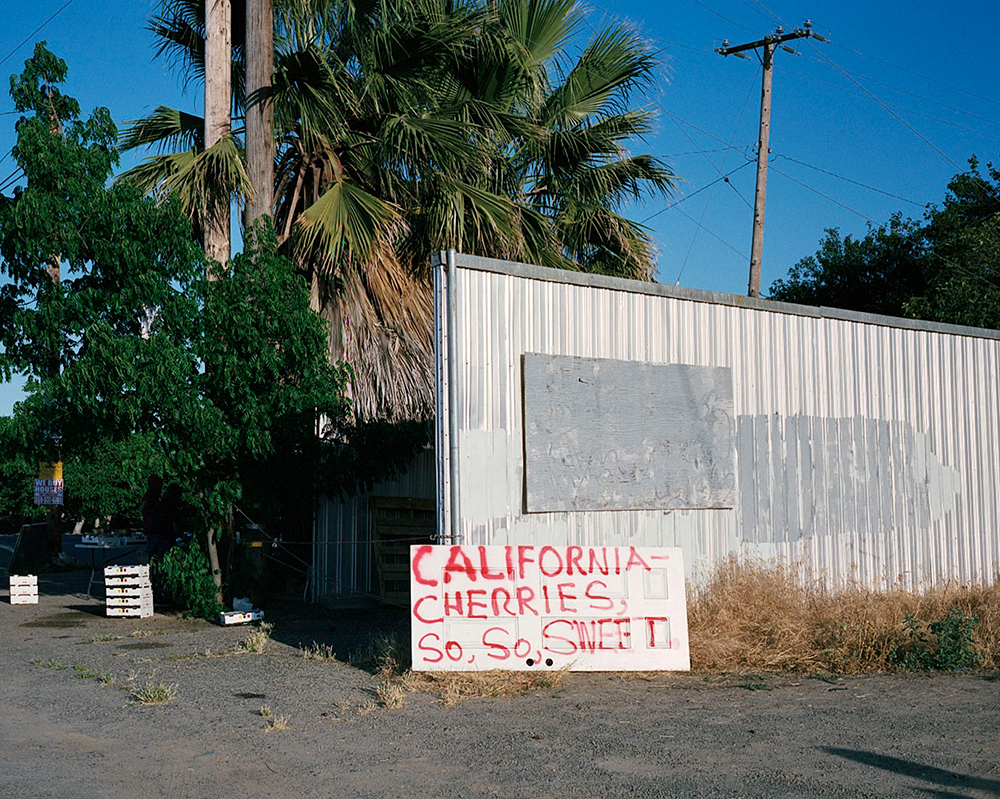


until we meet again at a softer place
Invested in the excavation of history, the preservation of traditions, and the retelling of collective memories, I visited places in rural parts of the West Coast of the United States in search of stories from early Chinese immigrants.
Over the past two years, I photographed at old mining sites where one can find hand-stacked rock walls made of mining tailings that locals call the “Chinese walls;” at unmarked burial grounds full of body-sized indentations; and in narrow alleyways comprised of temples, herb stores, gambling houses and Chinese schools that are now either turned into museums or being actively restored by small groups of volunteers, mostly non-Chinese. I had spent most of my time in Hanford, a farming town in California’s Central Valley where Chinese laborers settled because of the railroad and stayed for farming.
It is a story collectively written by
my people that first came to the American West,
the colonial forces that substituted Black slaves with indentured labors from Asia,
the local preservationists that inherited such colonial legacy but have also become stewards of a culture that is not theirs,
as well as me, who grew up in post-Mao China and didn’t practice my own cultural traditions.
My encounters with these sites and stories on a land I still call foreign have been simultaneously strange and familiar. I seek to reflect on these complex narratives and temporalities in this project.

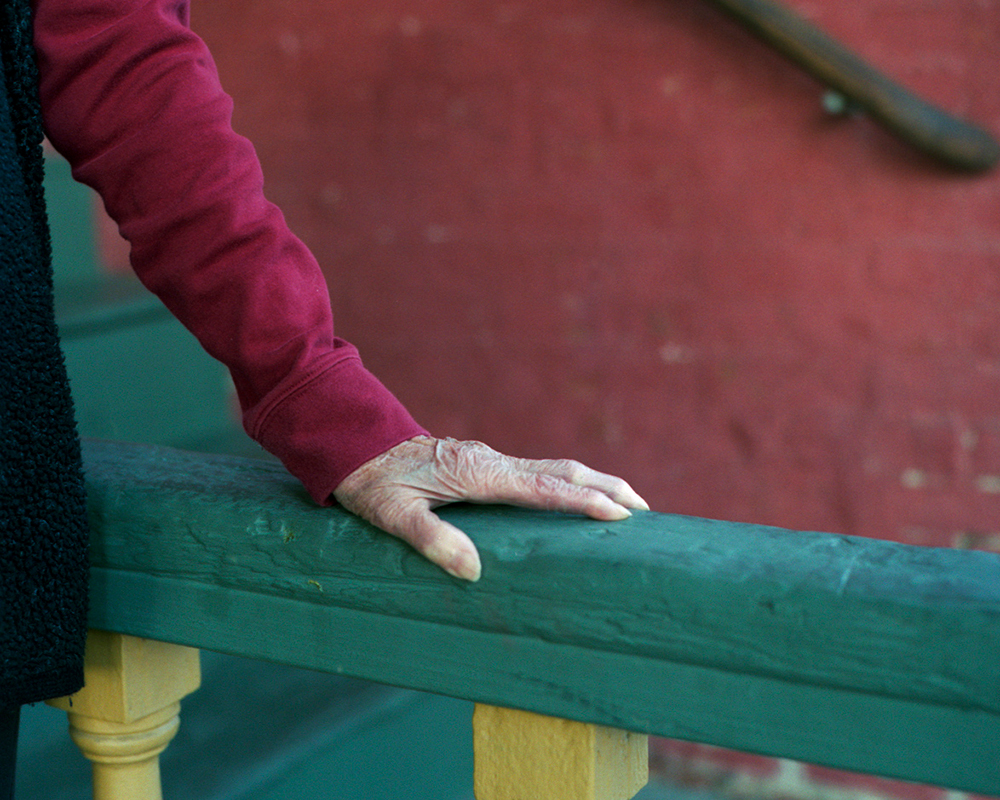




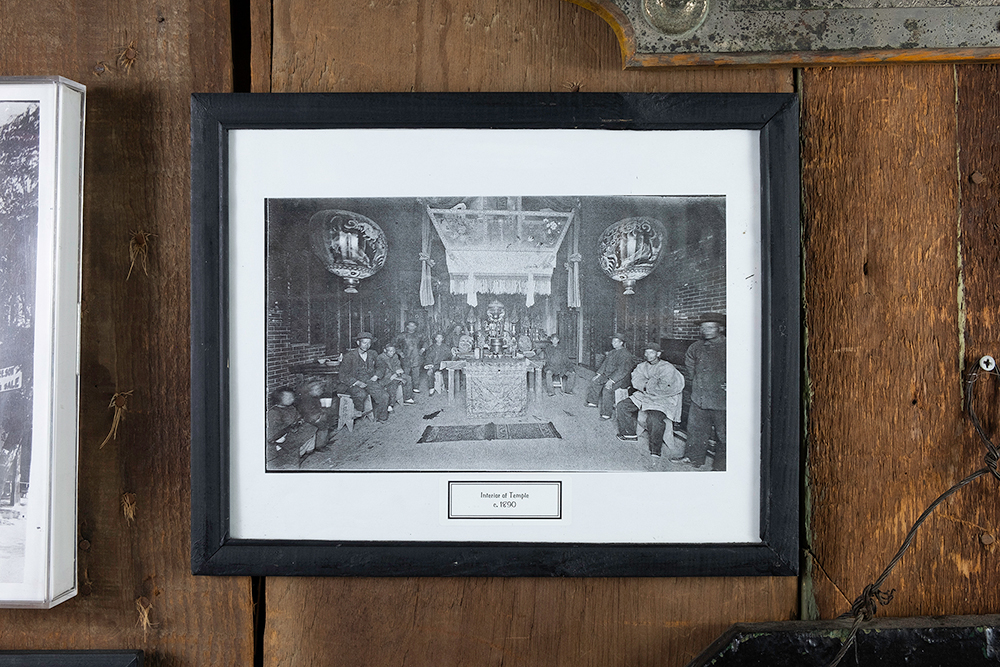
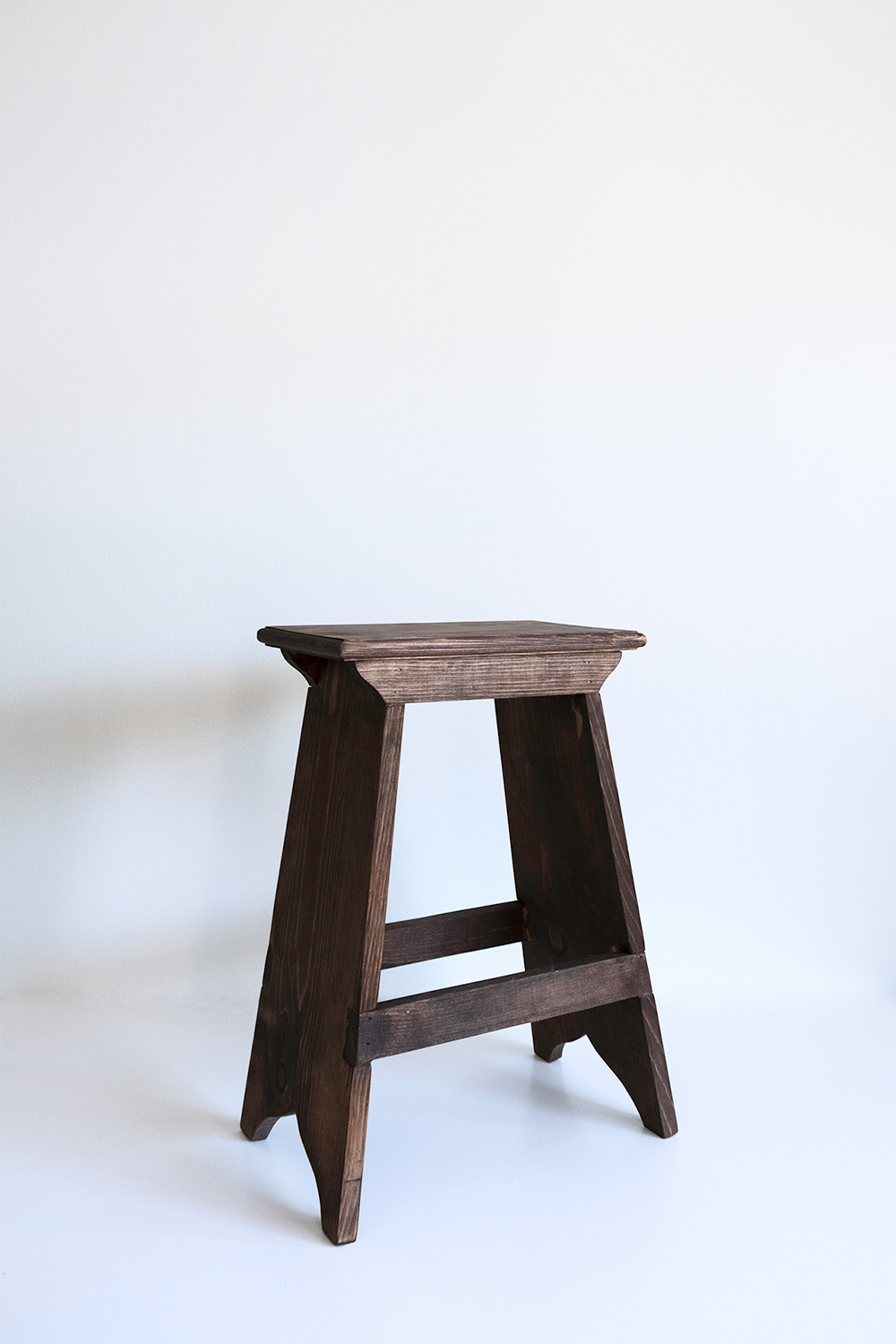
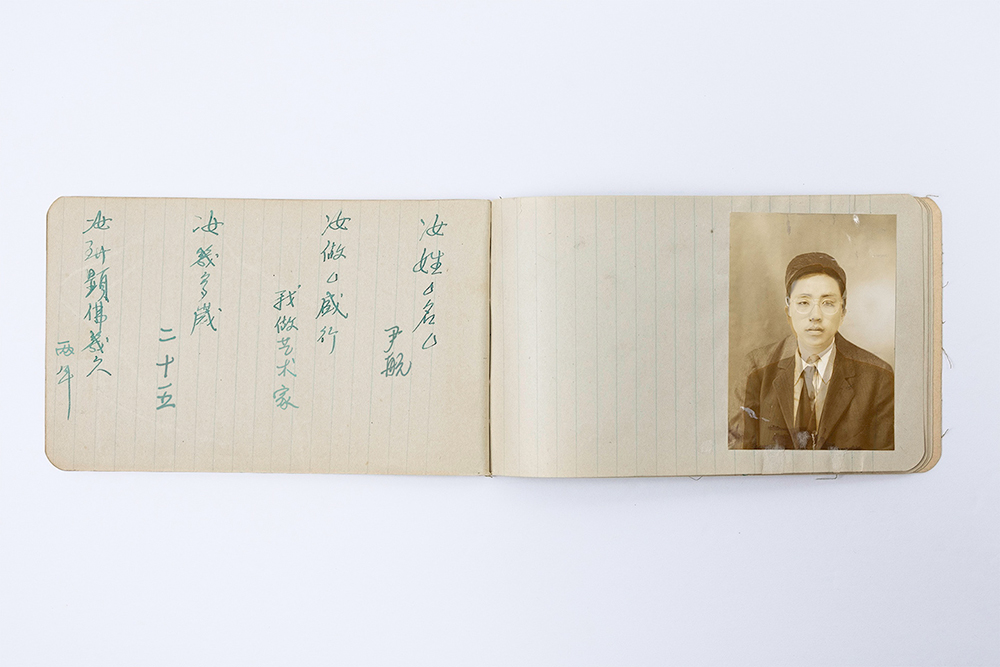

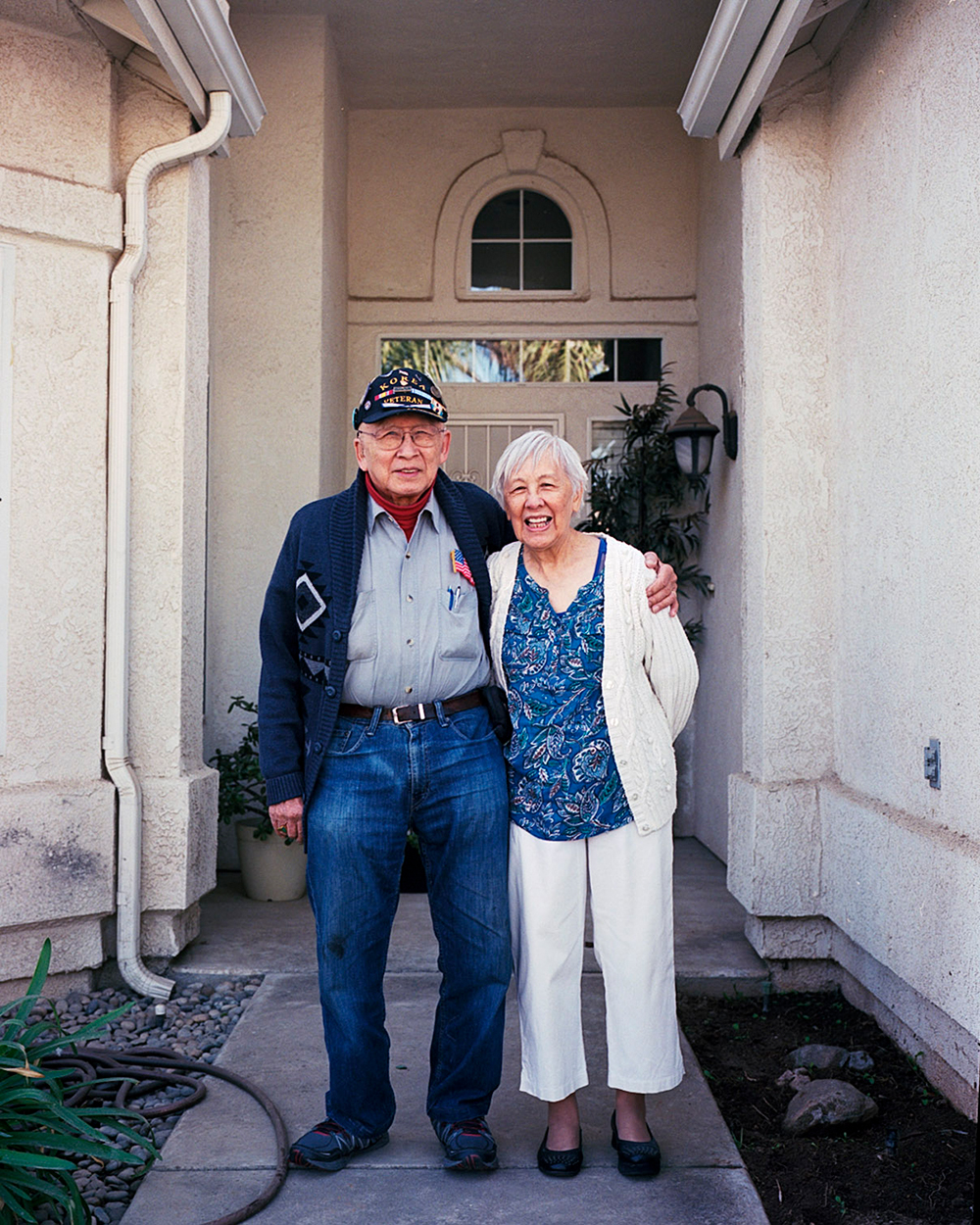


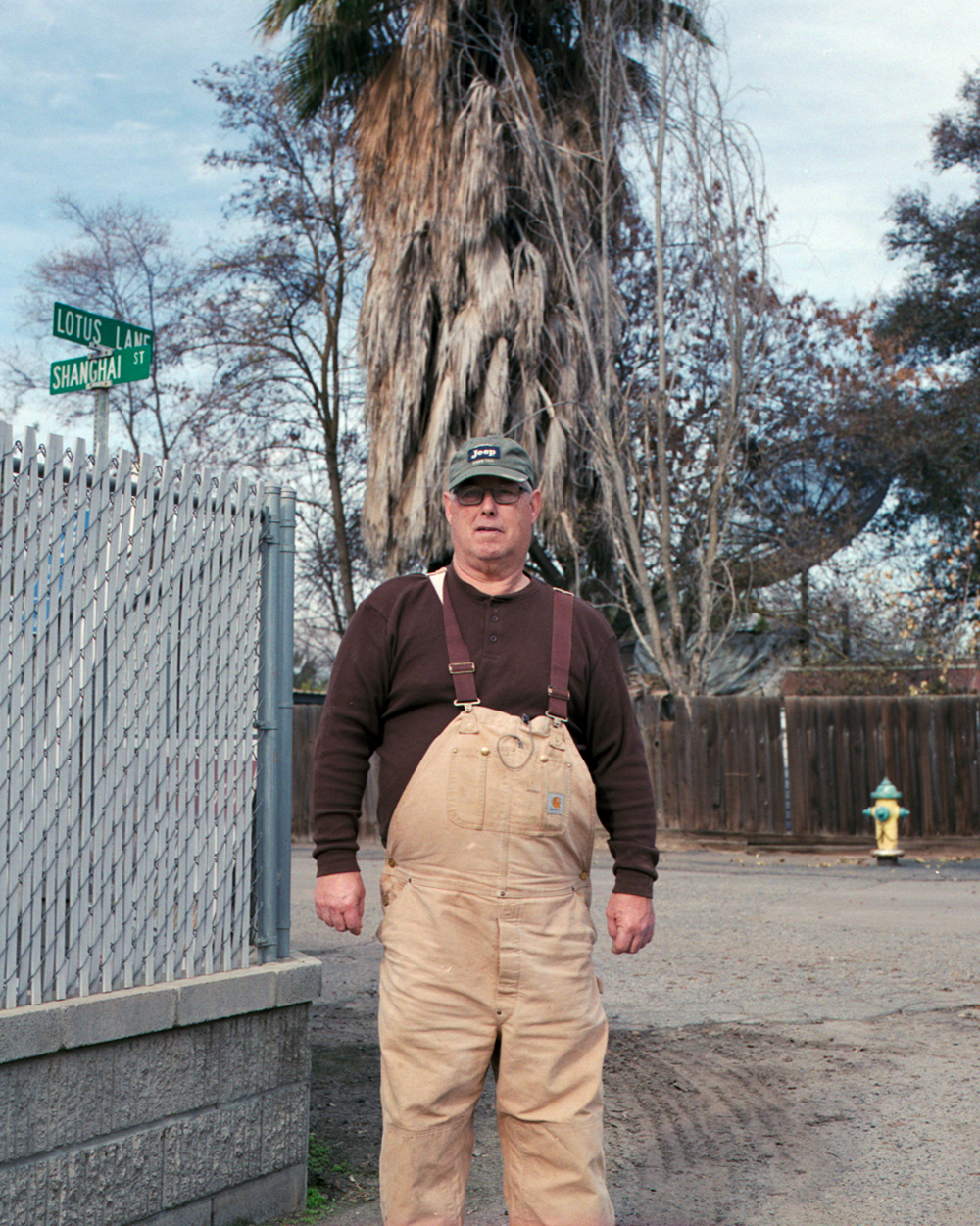
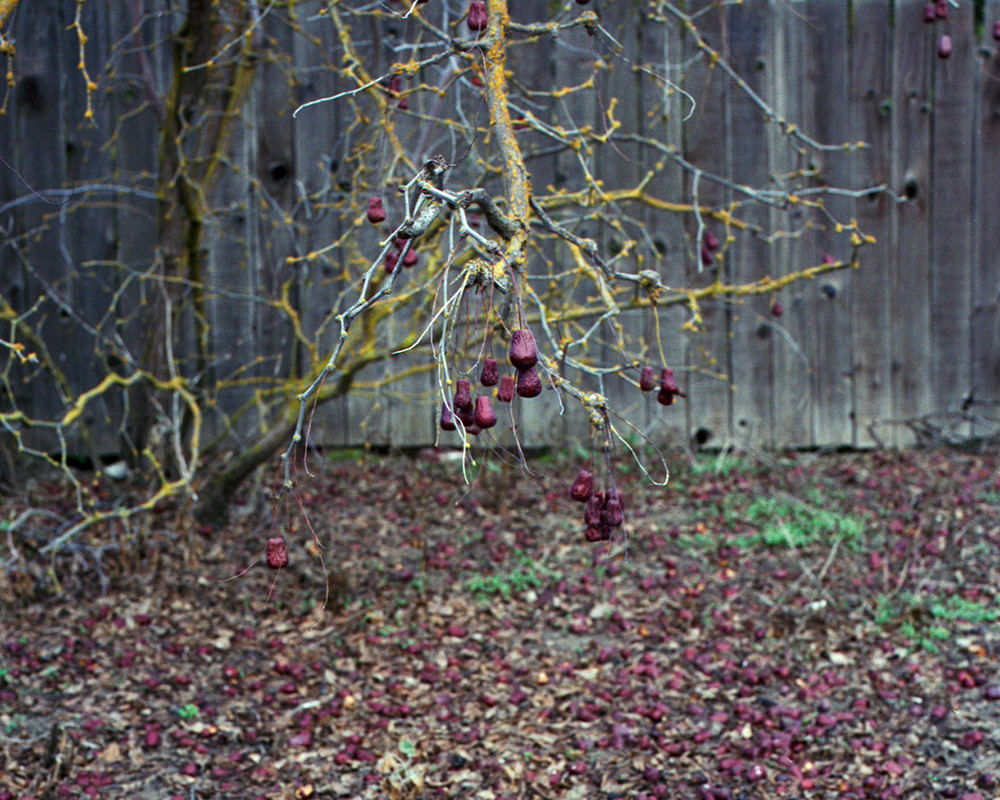
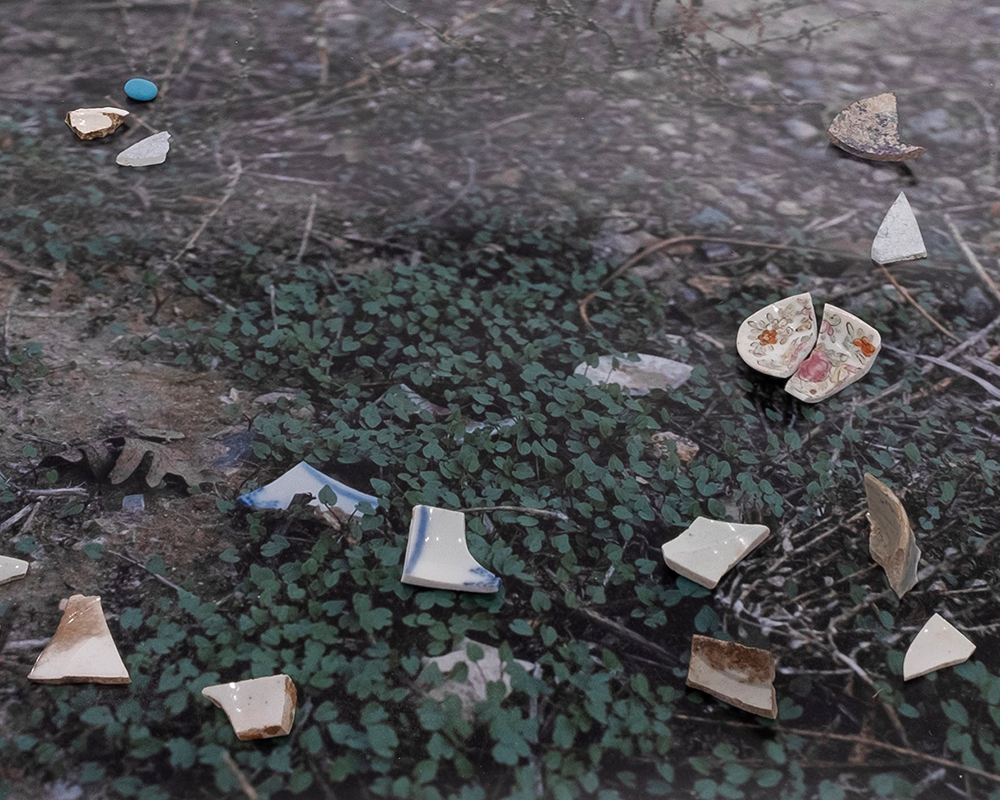
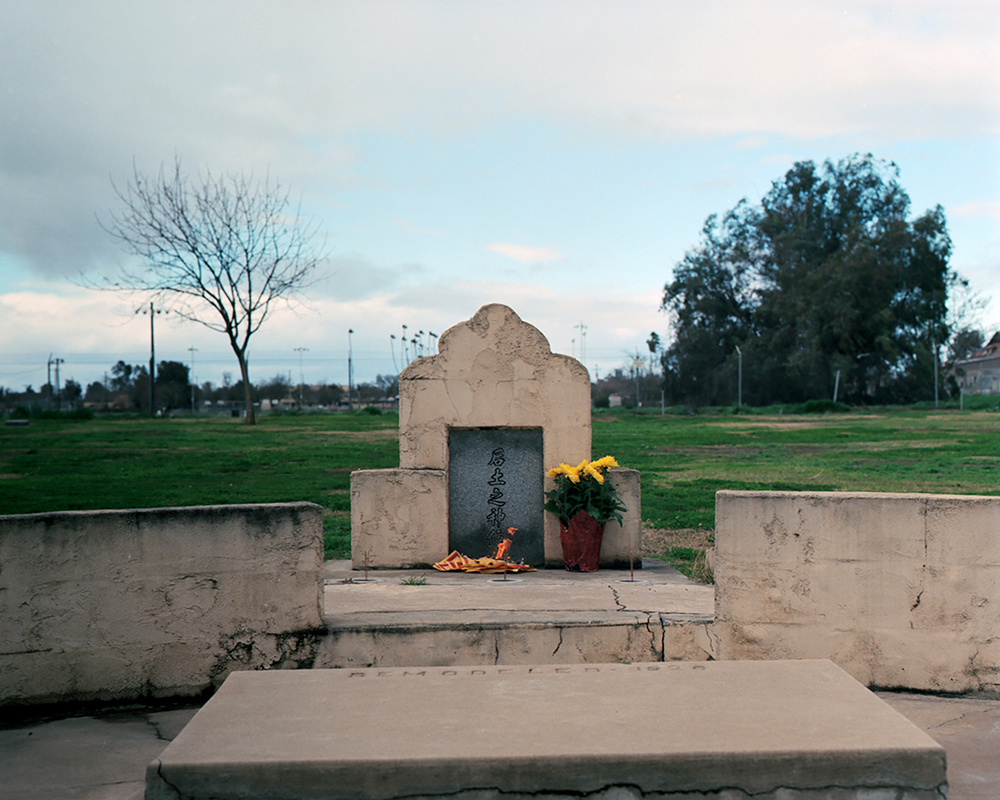
To view more of Evelyn Hang Yin’s work please visit their website.